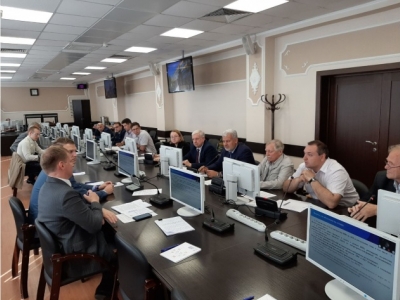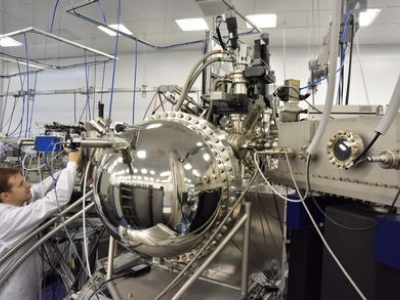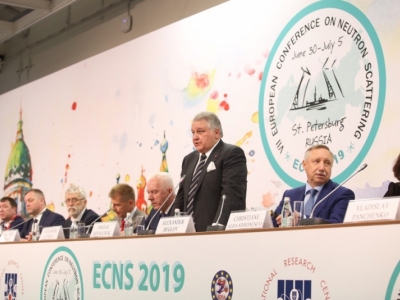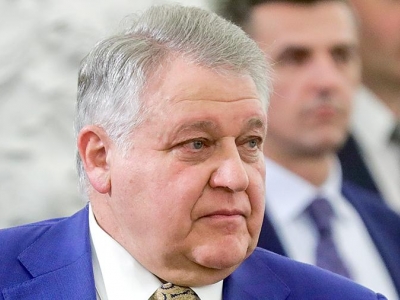The future of science is in megascience facilities
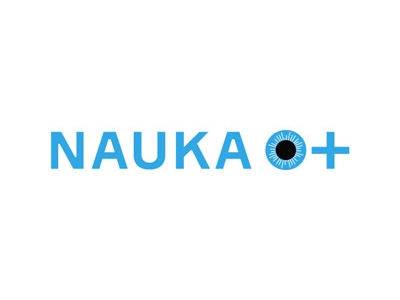
This was stated by the participants of the XIII All-Russian Science Festival NAUKA 0+. Scientists of the NRC "Kurchatov Institute" spoke about megascience as a direction for the development of breakthrough areas in science and technology.
"Russia has always been a key participant in large infrastructure mega-projects in the international arena, – noted the first deputy director on scientific work of the NRC "Kurchatov Institute" Alexander Blagov. Few countries are capable of creating such projects, and just several of them are able to come up with and implement them from scratch."
In the work on international megascience facilities the coordination of scientists is important. Such international collaborations are able to create megascience facilities of a new generation and to conduct research there, that will help to penetrate deep into matter, to see previously invisible processes. The result will undoubtedly be the emergence of new technologies.
The development of mega science is a key condition for creating nature-like technologies. "In order to create their technologies, we must not only see at the submolecular level all natural objects, their functioning and change depending on the external environment, but also see the very process of their creation, – explains the head of the Kurchatov complex of NBICS Technologies Yulia Dyakova, – and this is where megascience installations help us."
Today, the Kurchatov Institute provides scientific leadership on behalf of the Government of the Russian Federation in the implementation of specialized international projects: the Large Hadron Collider at CERN, the European X-ray Free Electron Laser (XFEL), the International Thermonuclear Experimental Reactor (ITER). The active cooperation of Russian scientists with CERN began in the 1990s.
The Director of NRC "Kurchatov Institute" – ITEP Viktor Egorychev told about the participation of Russia in experiments at the LHC: "We take part in all four large experiments of the collider, not one country in the world does this. A new agreement is being signed between CERN and Russia for the next 10-15 years. We inform them which experiments it is interesting for Russia to take part in. CERN, from their side, is also interested in participating in megascience projects: research on high-flux reactor PIK and development of fourth generation synchrotron (ISSI-4) by Kurchatov Institute."
NAUKA 0+ Science Festival is traditionally held at Lomonosov Moscow State University. This year, the NRC "Kurchatov Institute" was a co-organizer of the thematic lecture "MEGASCIENCE". In the Shuvalov building, scientists gave lectures, spoke about their research and the role of megascience facilities in the development of modern science. At the exhibition, the Kurchatov Institute presented models of megascience facilities.
Source (in Russian): http://www.nrcki.ru/



